K-3
Pathways
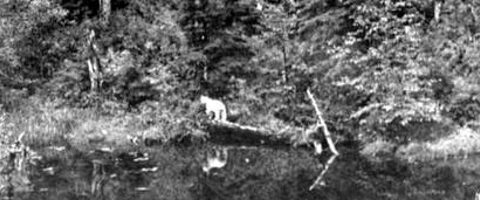
1In 1 playlists
For thousands of years, Indigenous people have shared the Great Bear Rainforest with wolves, eagles, sea otters, salmon and herring, as well as many other animals. It is the only home of BC’s provincial mammal, the Spirit Bear.
View Pathway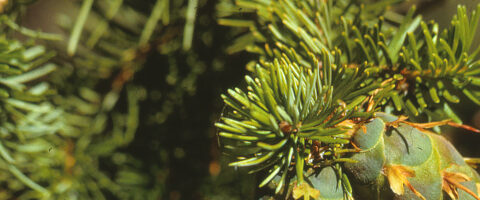
4In 4 playlists
Learning about native plants can connect us to the places we live. Studying First Peoples’ uses of plants can teach us which native berries are edible and which are not.
View Pathway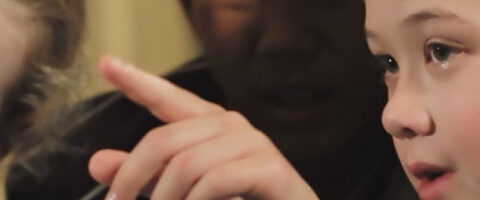
2In 2 playlists
This pathway is especially for teachers who want to use object-based learning in the classroom. Includes lesson ideas and online support.
View Pathway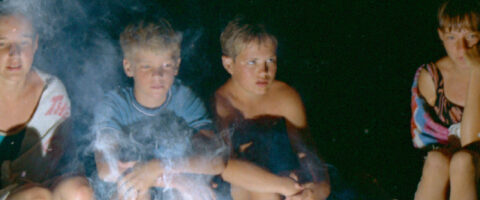
1In 1 playlists
Every family has a unique and special story. At the Royal BC Museum we have lots of stories—and histories—about British Columbia families. Come and explore! (Grades K-3)
View Pathway
1In 1 playlists
Chaque famille a son histoire qui la rend unique. Au Royal BC Museum, nous avons beaucoup de récits — et d’histoires — sur des familles de la Colombie-Britannique. Entre explorer!
View Pathway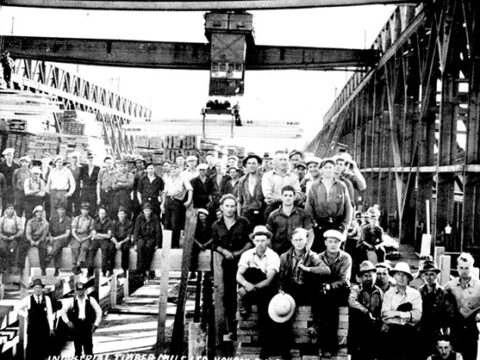
7In 7 playlists
Explore interviews from the Centre for Indo-Canadian Studies at the University of the Fraser Valley. Learn more about the experiences of early Punjabi immigrants to Canada.
View Pathway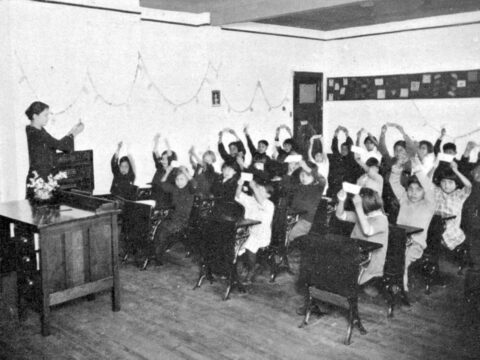
6In 6 playlists
How do we reconcile past wrongs? Look at documents and objects from the Royal BC Museum’s ethnology collection and archives to learn about the effects of Indian residential schools and think about how we can reach reconciliation.
View Pathway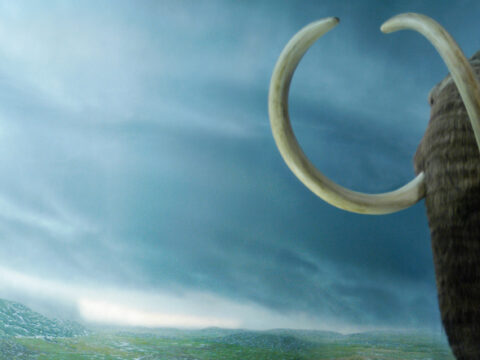
2In 2 playlists
Have you met the infamous Woolly mammoth at the Royal BC Museum? He greets visitors inside the entrance to the Natural History gallery. Woolly, as he is affectionately called by visitors and museum staff, is a replica of the largest animal to ever walk on this continent. Not everyone likes him. He has been known to frighten small children.…
View Pathway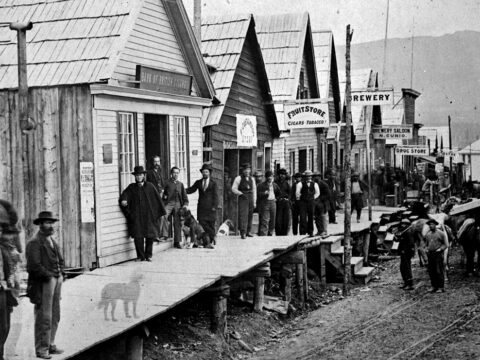
9In 9 playlists
Every picture tells a story, but whose story? How can a single picture tell us a story about what happened long ago? To answer these questions historians have developed some thoughtful ways to read photographs.
View Pathway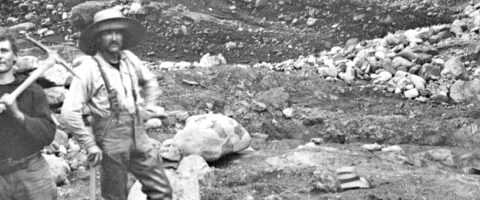
8In 8 playlists
Did you know that there has been a connection between China and BC for over 225 years? Explore the Royal BC Museum and Archives and use our collections to find out more about early Chinese Canadian history.
View Pathway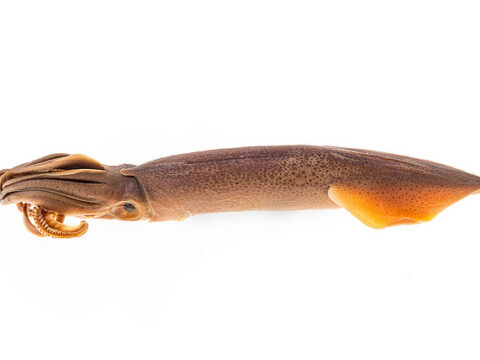
1In 1 playlists
Marine invertebrates are animals without backbones that live in the ocean. These creatures make up most of ocean animal life. Learn about the incredible diversity beneath the waves.
View Pathway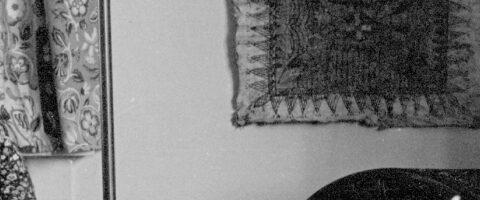
6In 6 playlists
Oral history recordings are like time machines. They transport us to the past and help us learn about the people and places of British Columbia. They are uniquely personal accounts of the past from the people who actually lived it. What can you discover about British Columbia’s past by listening?
View Pathway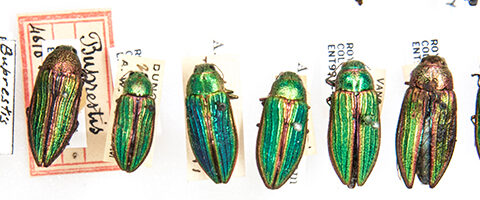
1In 1 playlists
The study of insects (entomology) is alive and well at the Royal BC Museum. Go behind the scenes to discover how we learn about the diversity of insect life in this province.
View Pathway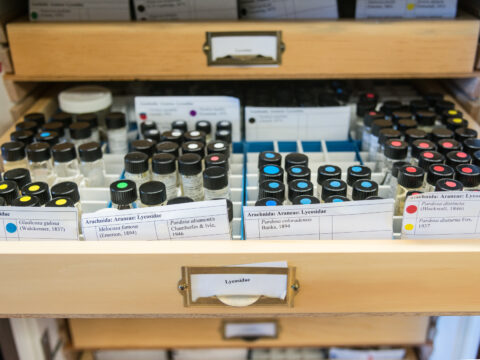
2In 2 playlists
Many people fear spiders but they are rarely harmful to humans and are important natural predators of insects. The spider collection at the Royal BC Museum strives to reflect the diversity of spiders in this province.
View Pathway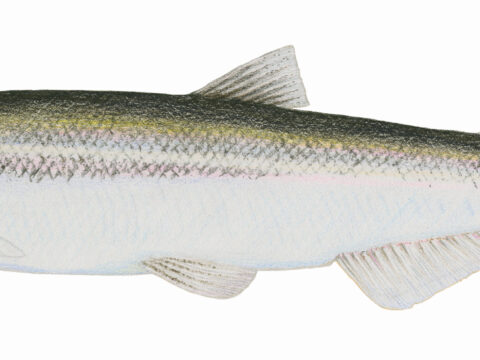
1In 1 playlists
The Royal BC Museum fish collection is varied and wonderful. Explore the astounding diversity of British Columbia fishes through the collection and scientific illustration.
View Pathway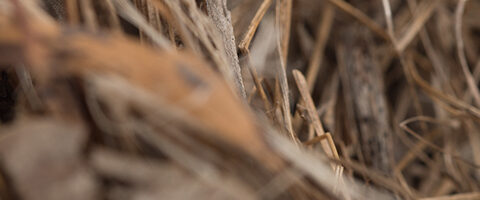
5In 5 playlists
We're all in this together. An ecosystem is a natural community. When species disappear it can throw an entire system off balance, with far-reaching consequences for ecosytems, for the planet, and for us. What can we do about it?
View Pathway
1In 1 playlists
Explore the rich history of the people who learned and taught in St. Ann's Schoolhouse.
View Pathway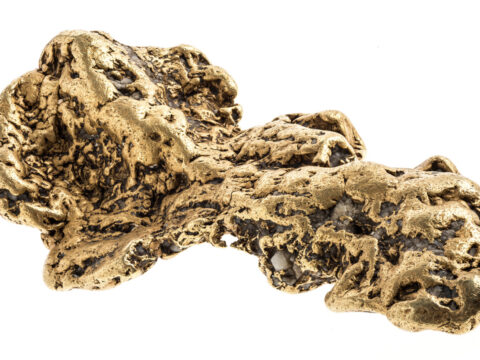
6In 6 playlists
In 1858 word of gold rang out in the Fraser Canyon, setting off a dramatic migration of people and propelling this once remote region of western North American into the modern age. What can you discover about BC's gold rush?
View Pathway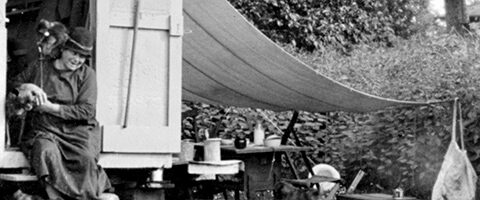
3In 3 playlists
Emily Carr is British Columbia’s most famous artist, but she was also a colourful woman who lived a life full of adventure. Learn about Emily’s love of animals and explore her life through some of the museum’s vast Emily Carr collection.
View Pathway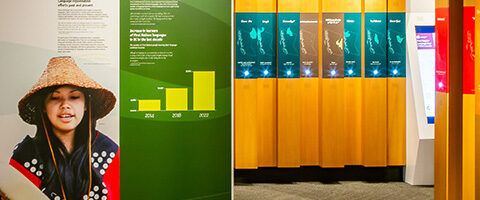
7In 7 playlists
Did you know BC is a language hotspot? Over 34 distinct indigenous languages are spoken here. Explore sounds, images, words and video about First Nations languages.
View Pathway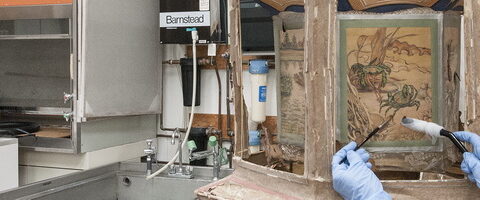
2In 2 playlists
Canada’s oldest Chinatown is in Victoria, BC. The Royal BC Museum exhibition Tradition in Felicities used video, photographs and the written word to celebrate the community of this national landmark. Teachers look for lesson plans in Watch!
View Pathway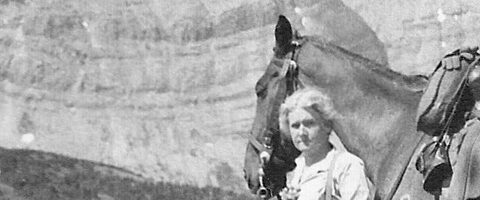
5In 5 playlists
American botanist Mary Gibson Henry collected plants in northeastern BC in 1931. Her pioneering journey was recorded on film. Lucky for us, BC Archives has a copy.
View Pathway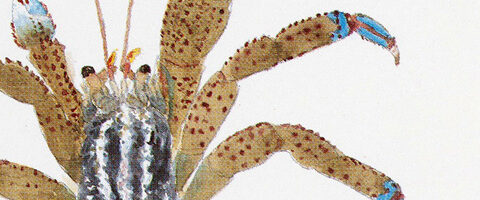
2In 2 playlists
With all the choices for recording images these days, the art of illustration is still valued by scientific researchers. Explore the work of gifted biologist and illustrator Dr Hart.
View Pathway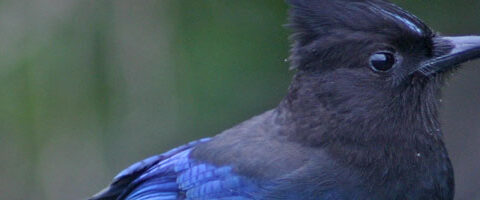
2In 2 playlists
Listening for birds is a skill that takes patience and perseverance. Grace Bell used her skill and love of birds to record British Columbia bird calls and songs.
View Pathway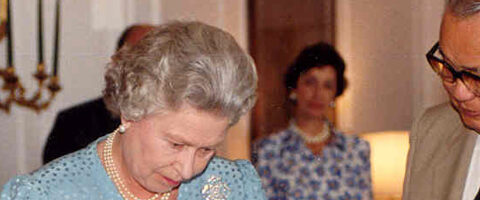
1In 1 playlists
The role of the British Crown in Canada is mainly ceremonial, but the lieutenant-governor still plays a key part in the governing of British Columbia.
View Pathway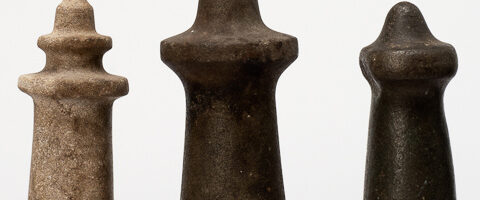
2In 2 playlists
Archaeology tells us that Indigenous people have been here a very long time. Evidence such as artifacts, house remains and animal bones are held in the Royal BC Museum collection.
View Pathway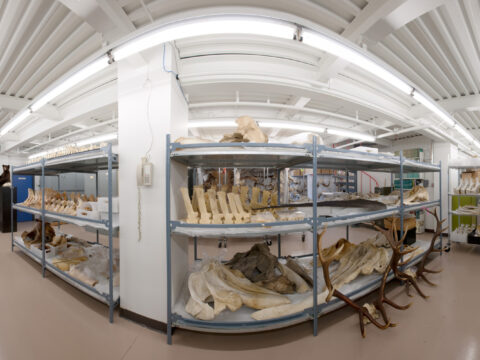
2In 2 playlists
The mammal collection is as diverse as the mammals of BC. Mammal specimens at the museum are preserved, stored and made available for research.
View Pathway
